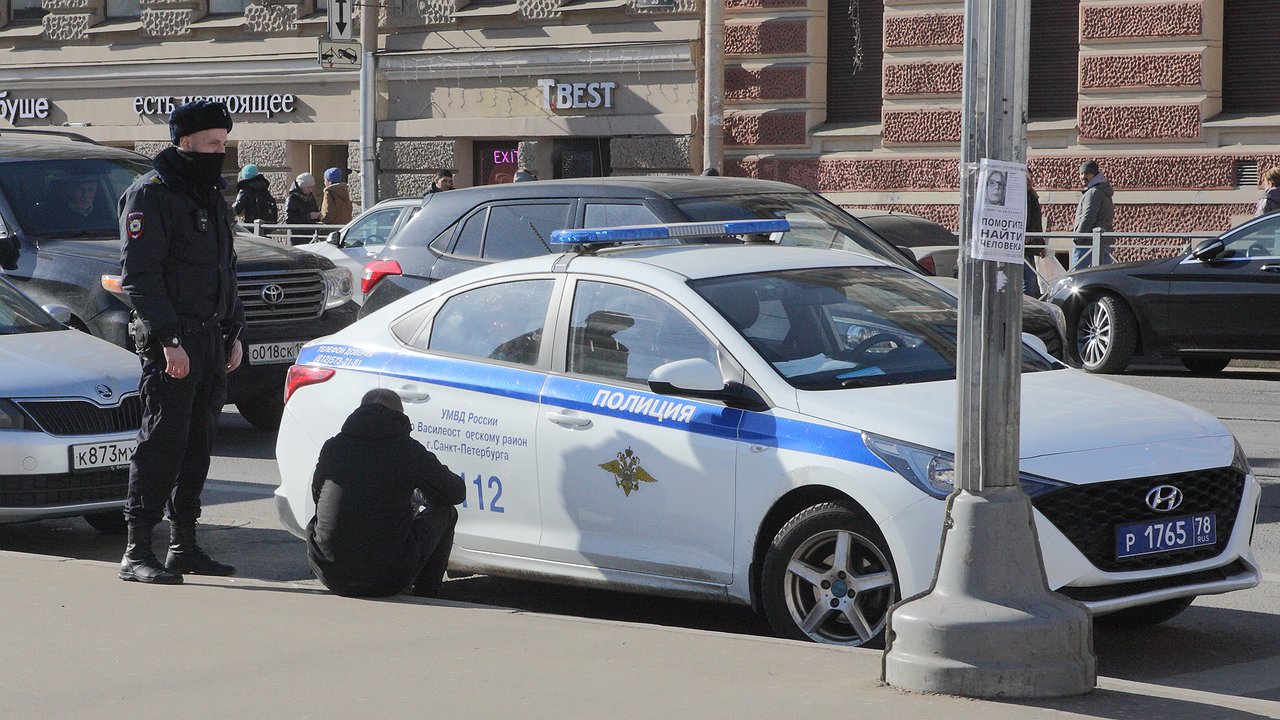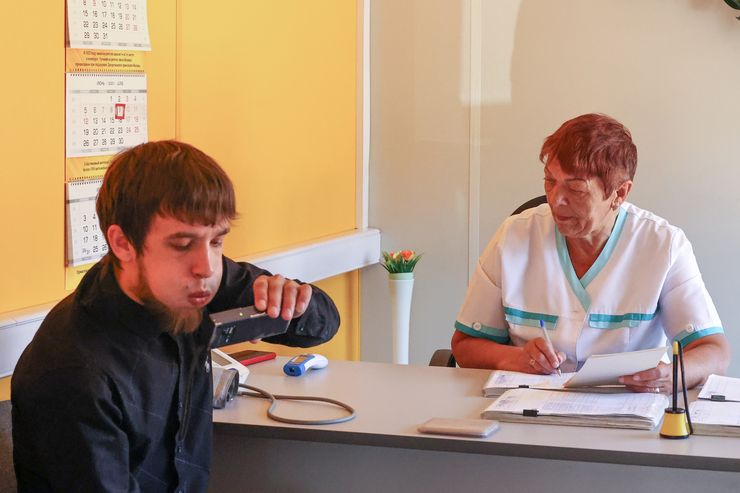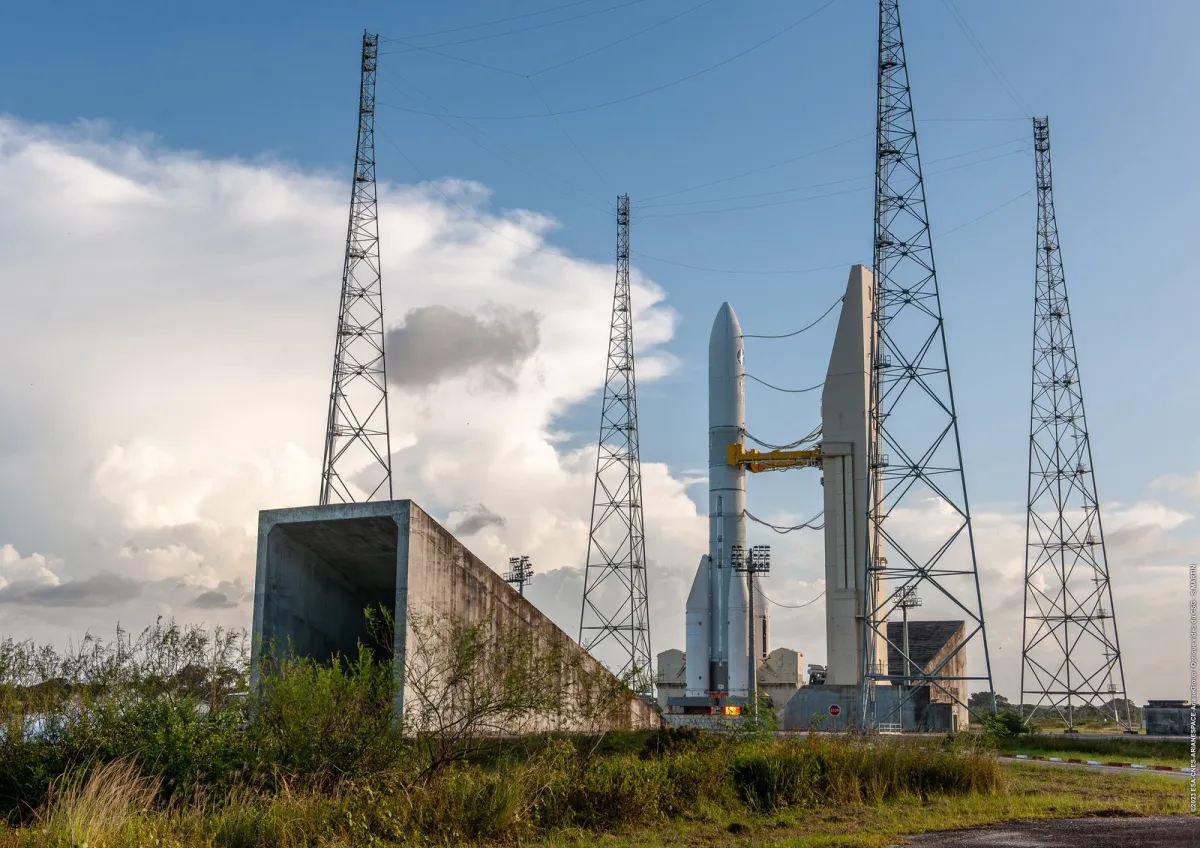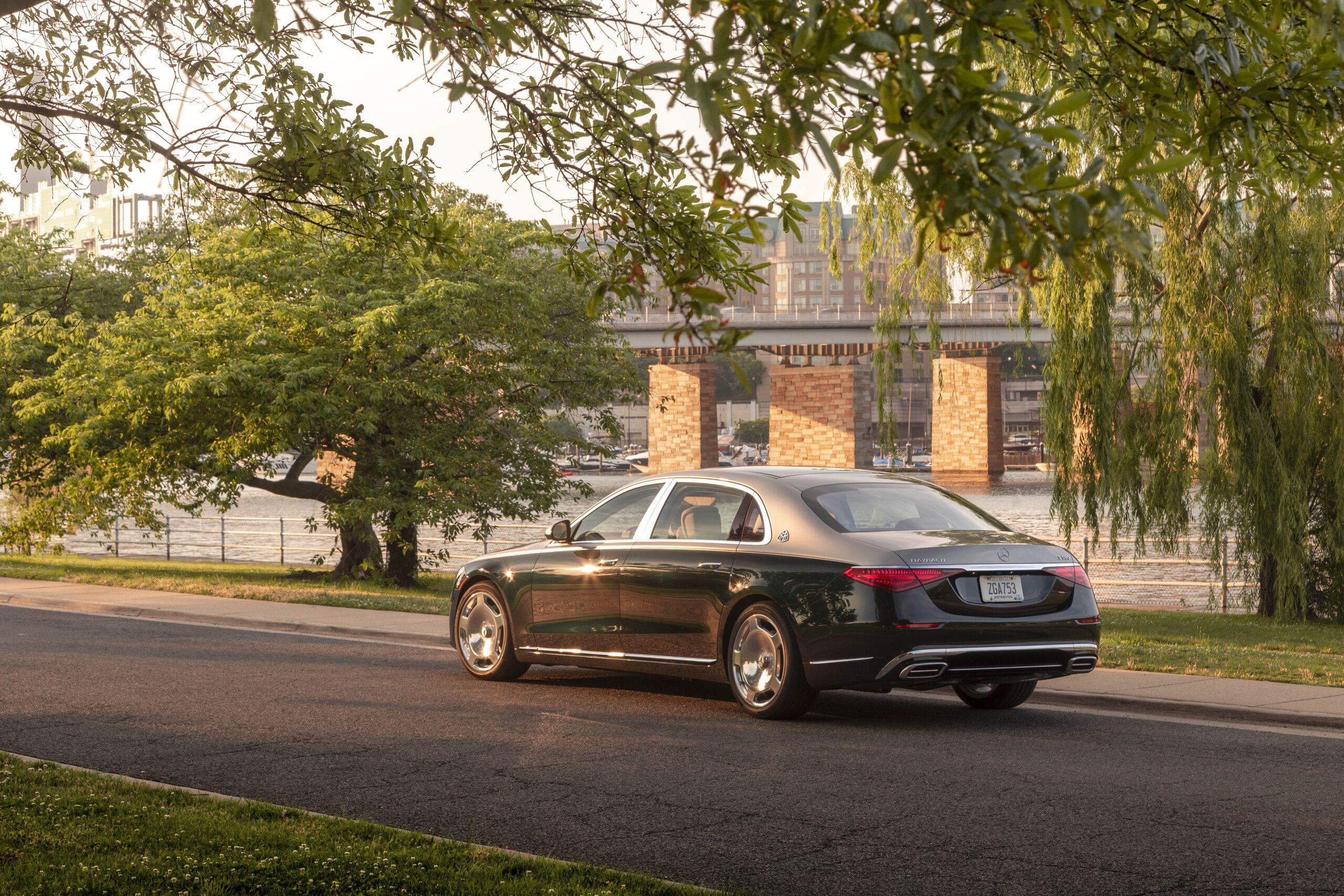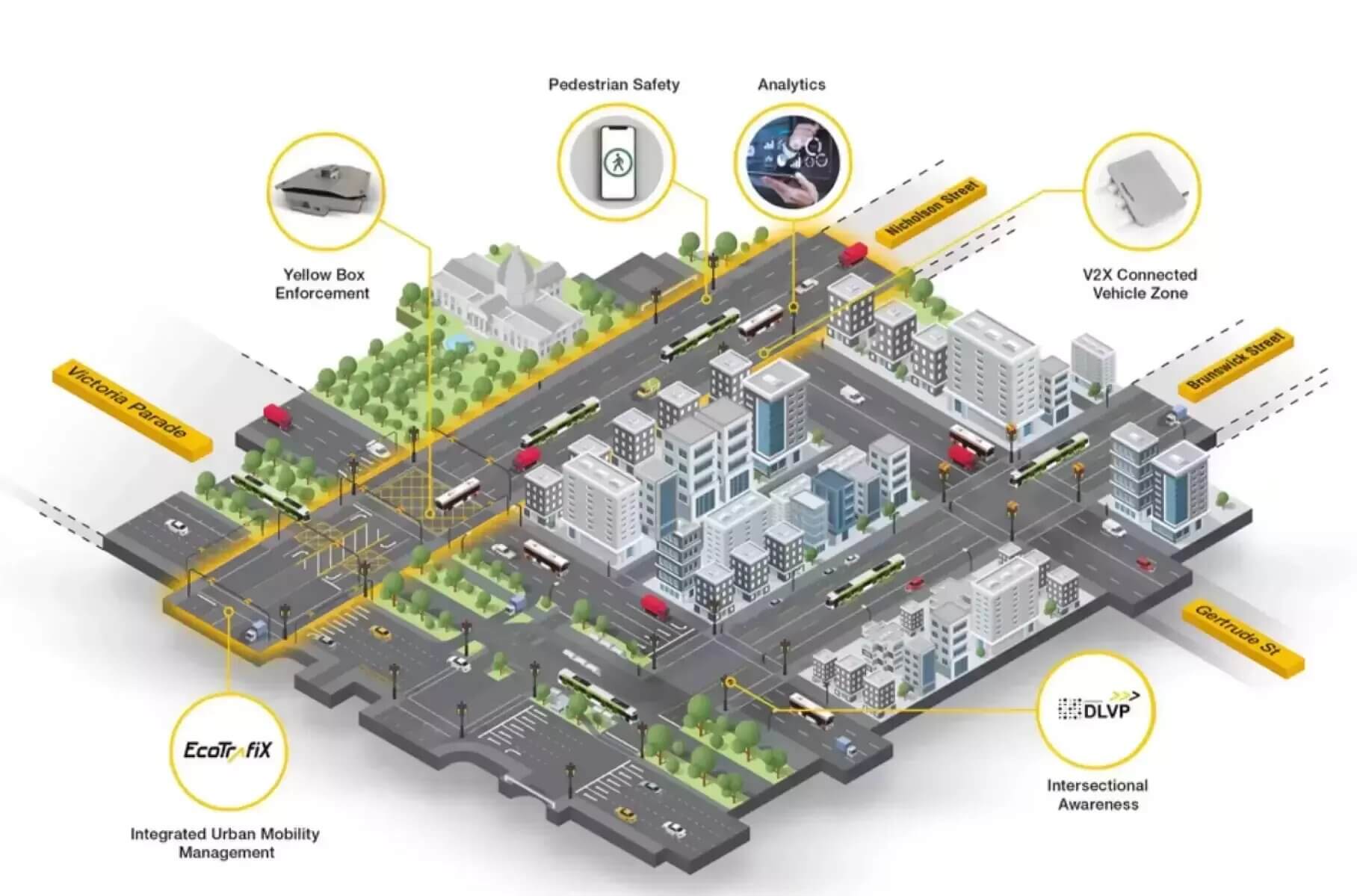As it turned out, the chief inspector of the traffic police, who drew up that fateful protocol, confirmed in his testimony before the justice of the peace: he did not stop the citizen’s vehicle, but simply revealed his parked car along the patrol route.” And despite this, the magistrate robbed the driver still of “rights”!
After considering the circumstances of the case, the Supreme Court ruled that in this case it was impossible to speak unequivocally about the driving of a car by a citizen. Therefore, the qualification of its acts under Part 1 of Art. 12.8 of the Code of Administrative Offenses, which provides for liability for driving a vehicle by a driver in a state of intoxication, is illegal. In this regard, the Supreme Court overturned the decisions of the lower courts, returned the “scabs” to the motorist and canceled the 30,000th fine.
Note that the illegality of the deprivation of drivers’ licenses of motorists who drink in their parked cars has already been upheld by the Supreme Court in recent years. But as practice shows, these decisions remain an empty slogan, both for the justices of the peace and for the traffic police officers.
The latter show clear legal illiteracy and disrespect for the law, and continue to draw up hardship protocols in such situations. A fairly regular recurrence of such cases for a long time required a special (for particularly tight employees) clarification from the head of the Russian traffic police, General Mikhail Chernikov. The next Supreme Court decision “indicates” that the sending of a departmental circular on the subject is already overdue and even overripe.







